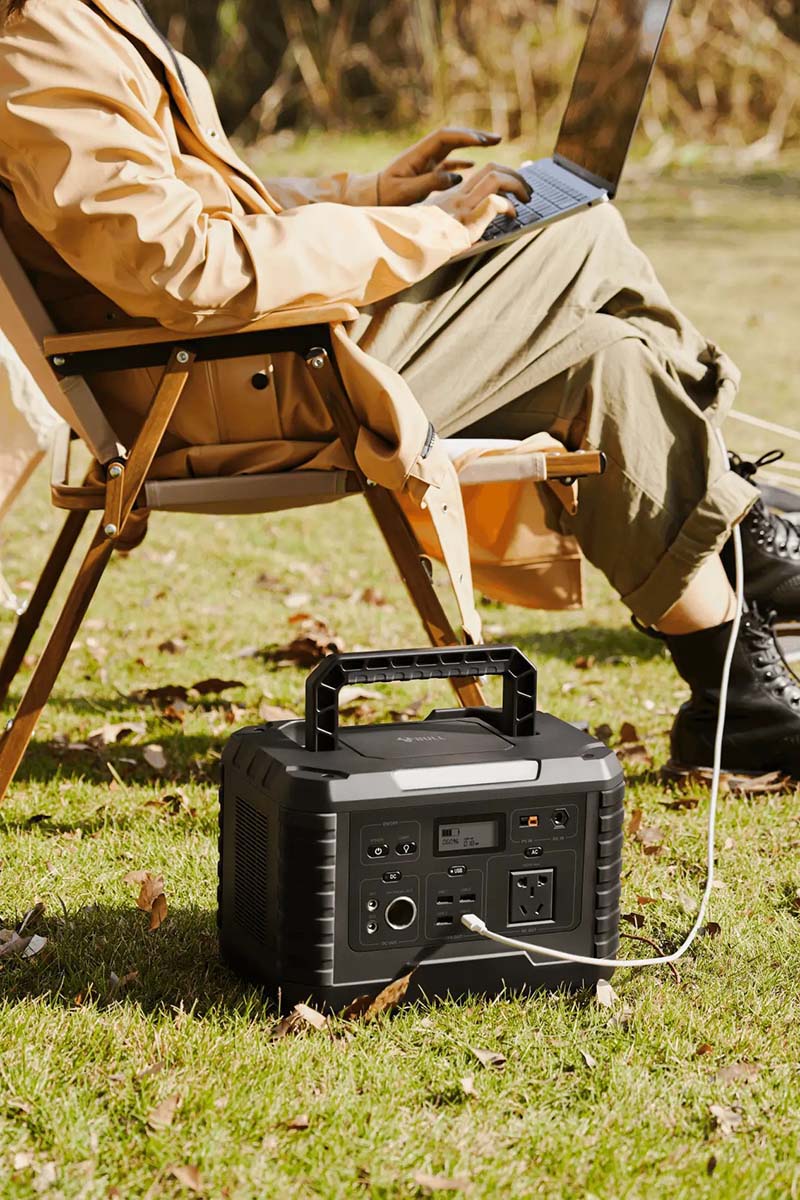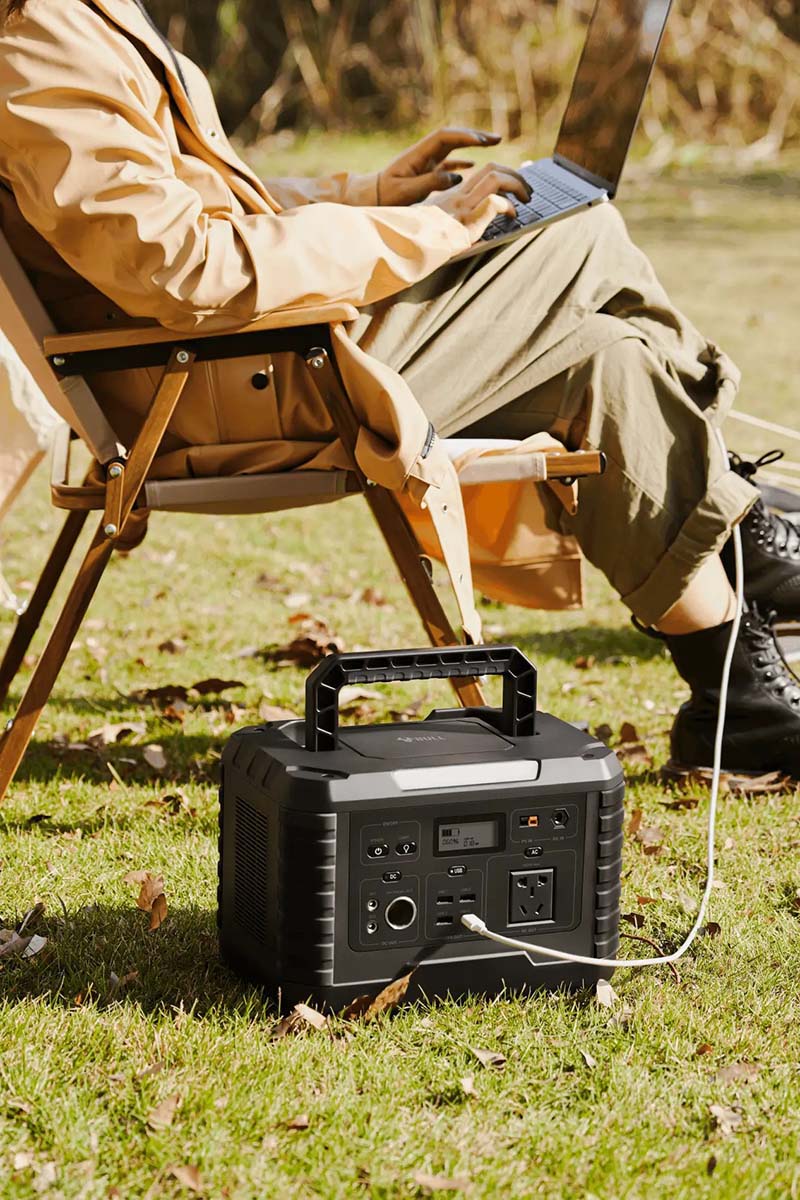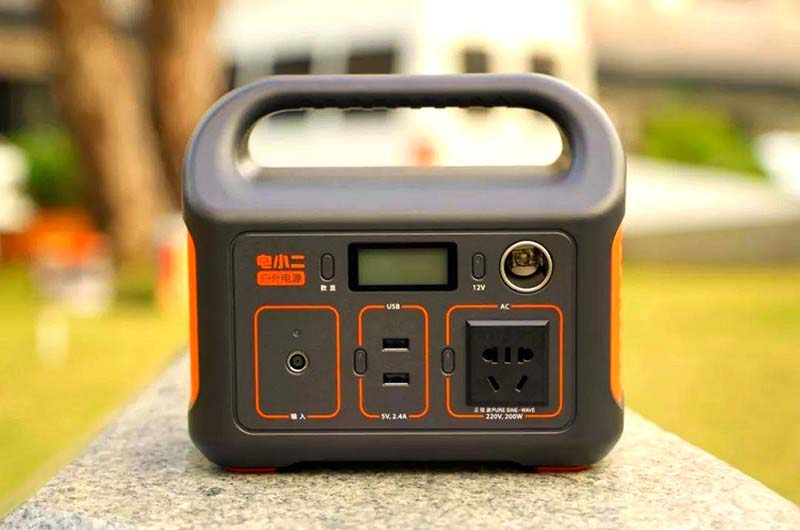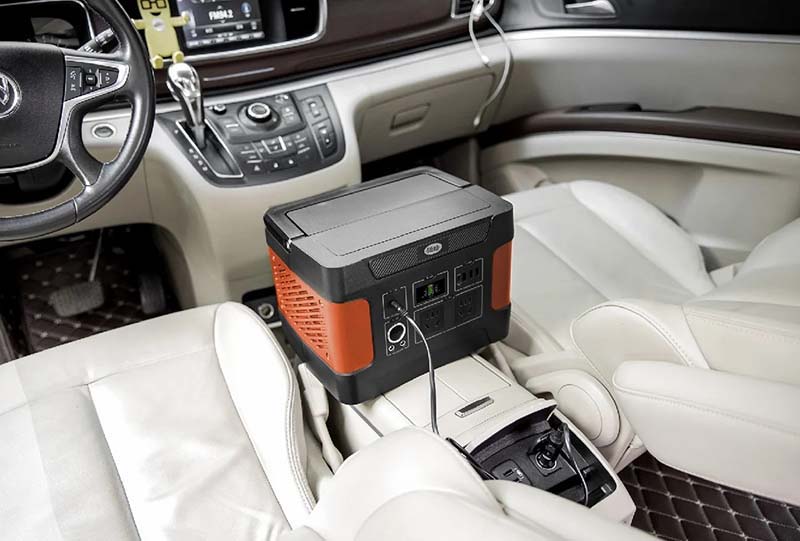cost to solar power a home in south africa
Portable power station can be used for Fitness trackers, Smart locks, Electric toothbrushes, Fishing alarms, Portable speakers, etc, The cost to solar power a home in South Africa varies depending on several factors, including the size of the household,...

Essential Devices Powered
- Compatible with different brands of solar panels, no special accessories required.
- RV travel can provide an electric refrigerator, microwave, and air conditioner.
- The matte, fingerprint-resistant coating leaves no noticeable marks with daily use.
- It supports charging while driving and can utilize the vehicle's generator to supplement power.
- The power supply process ensures stable voltage to avoid damaging precision electronic equipment.
Camping Benefits
- outdoor wedding sound equipment operation
- Power supply for airport temporary boarding gate display equipment and public address system
- Power supply for aquaculture water quality monitoring instrument (pH value/dissolved oxygen level)
- Operation of environmental temperature and humidity monitoring equipment in livestock farms
- Portable washing machine (on foot) operation
The cost to solar power a home in South Africa varies depending on several factors, including the size of the household, energy consumption, and the type of solar system installed. On average, a typical residential solar power system ranges from 3kW to 6kW, which can cost between ZAR 40,000 to ZAR 80,000. This price usually includes solar panels, inverters, batteries (if opting for off-grid or hybrid systems), installation, and necessary permits. Solar power is becoming increasingly popular in South Africa due to frequent power outages and rising electricity tariffs. Investing in solar energy not only reduces monthly electricity bills but also provides energy independence and contributes to environmental sustainability. While the initial installation cost might seem high, the long-term savings on electricity bills can offset these costs within 5 to 7 years. Additionally, government incentives and rebates may be available to help reduce the upfront cost. Homeowners should also consider maintenance expenses, which are generally low for solar systems. Overall, solar power is a smart and cost-effective solution for South African households looking to reduce energy costs and embrace renewable energy.


